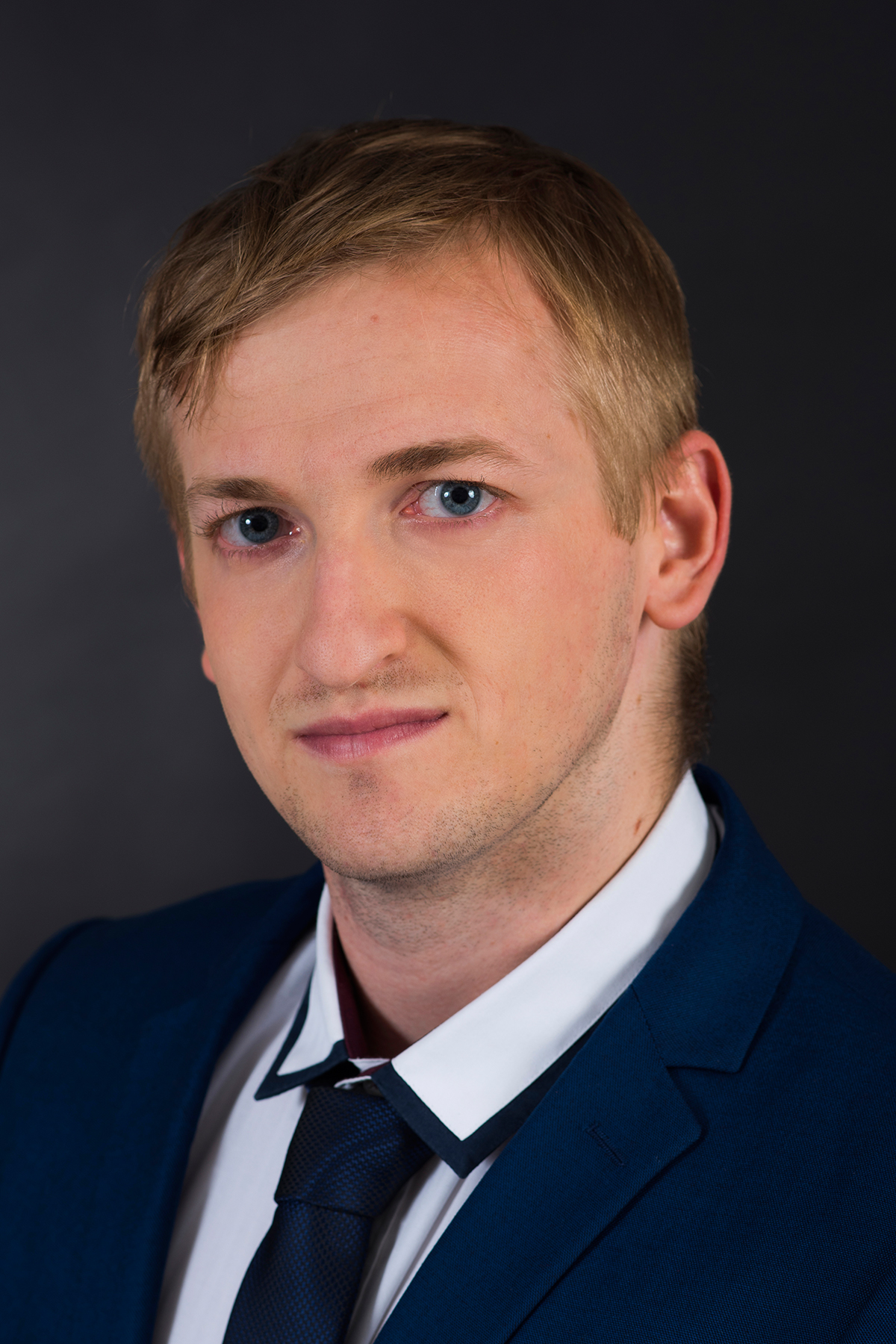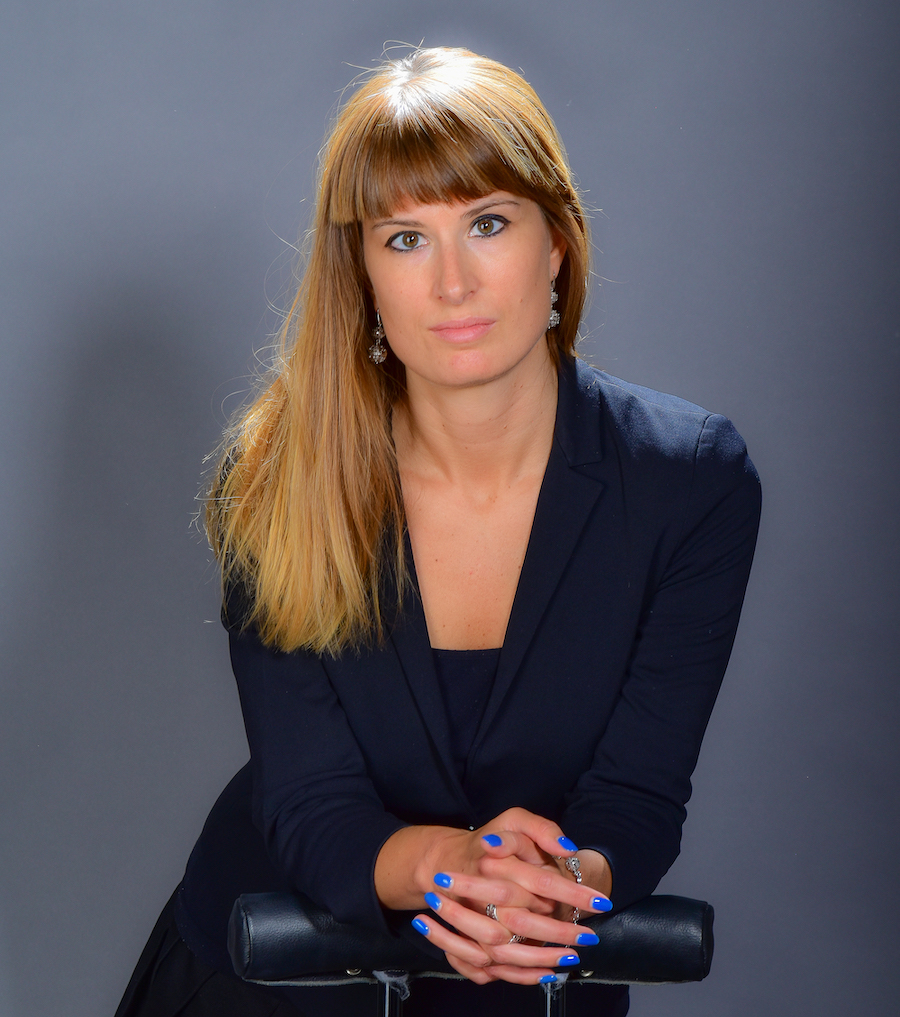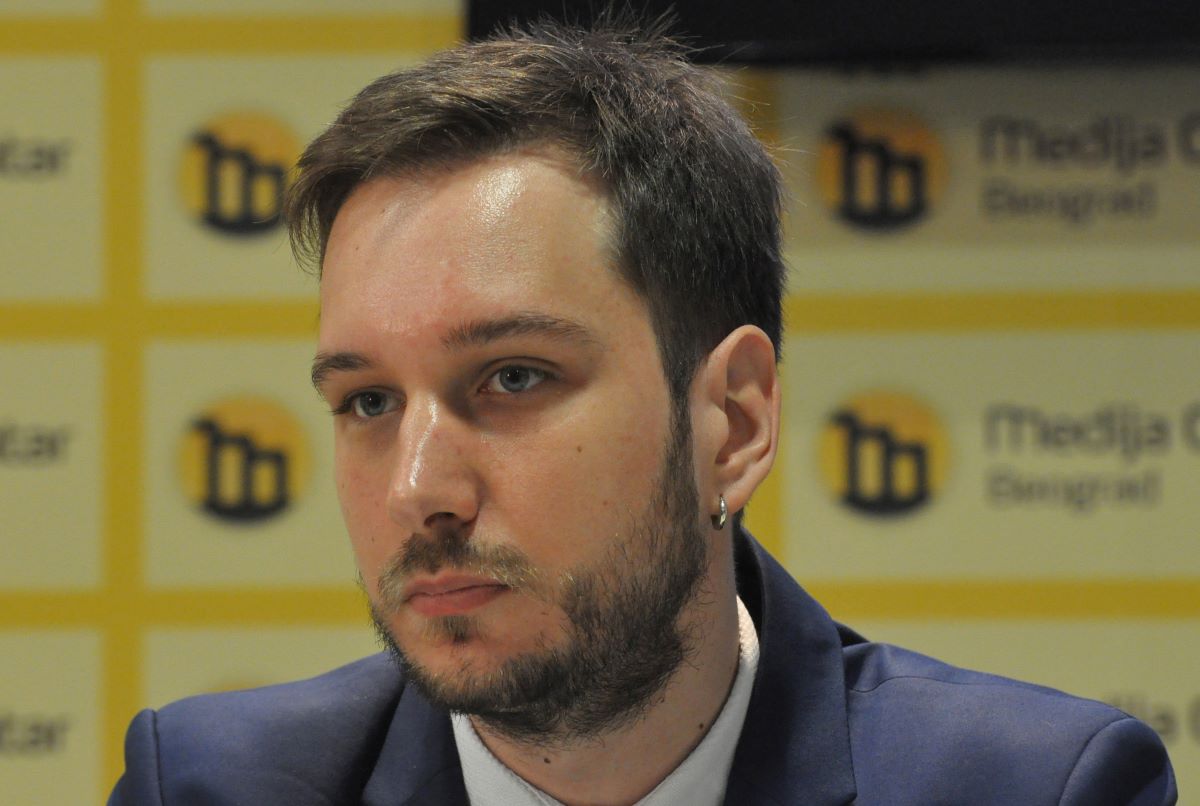BSF Partner Session: Enlargement Supporters and Opponents – What kind of EU are we Integrating Into? (In partnership with European Western Balkans)
Discussion points:
- Who are the main supporters of EU enlargement in the Western Balkans and what are their motives?
- What does the support for enlargement from illiberal EU member states’ governments mean for Western Balkans’ EU membership prospects?
- How will internal EU political dynamics and discussions about EU reform affect the enlargement process?
- Where do Western Balkan governments find their allies within the European Union and what do they hope to gain with these connections?
The process of EU enlargement in the Western Balkans appears to have come to a standstill. Despite strong encouragement from the European Commission, there is no clear political will among EU member states for integrating Western Balkan countries into the Union, and the lack of reforms and democratic backslide in the region makes this prospect even further out of reach.
However, some EU member states which are considered to comprise an “illiberal bloc” inside the Union, are strongly in favour of enlargement in the Western Balkans. Hungarian prime minister Viktor Orban especially strongly advocates for Serbia’s EU accession, while at the same time promoting a different EU, much to the dismay of more liberal EU member states’ governments. Some Western Balkan governments are considered to be illiberal regimes on the EU’s doorstep, thus becoming a part of EU’s internal political dynamics.
How much has enlargement actually become a part of EU’s internal struggle between supporters of liberal and illiberal models of the Union and how will it affect Western Balkans’ EU accession prospects? How can the EU, divided on fundamental issues, not only find a consensus on enlargement, but use its transformative power to integrate Western Balkan countries as liberal democracies amidst global democratic decline?
Political dynamics in the EU itself certainly have an effect on the Western Balkans as an enlargement region, but what precisely are the consequences? Perhaps the focus should not only be on the question “what kind of Western Balkan regimes” can join the European Union, but also what kind of European Union are the Western Balkan countries integrating into?





